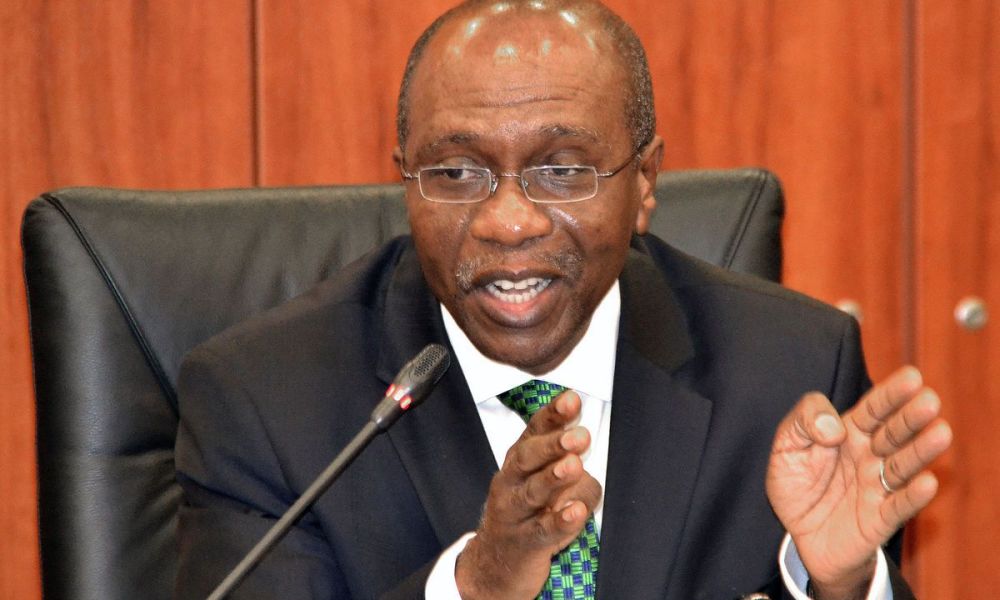By CardinalStone Research
In its latest meeting, the Monetary Policy Committee (MPC) announced an increase in cash reserve ratio (CRR) from 22.5% to 27.5%, the first raise since March 2016. Of all the considerations given for the surprise adjustment, the need to combat liquidity-driven inflation was notable. The impact of the CRR increase is likely to be diametrically opposed to that of the loan-to-deposit ratio (LDR) measure already at play, in our view. Specifically, while the LDR measure is configured to induce bank lending, the CRR increase could curtail banks’ ability to achieve that objective with more funds likely to be sterilized.
We see the following as broad implications of the policy move:
1. Banks’ effective CRR may increase. Despite the regulatory requirement of 22.5%, effective CRR have ranged between 27.0% and 35.0% in the sector, according to our recent correspondence with coverage names. CBN’s data also suggests an average effective CRR of 29.4% for deposit and non-interest banks as at September 2019. It is unclear if banks’ excess CRR would be applied to their credit upon assessment of compliance to the new regulatory CRR of 27.5%.
Our base-case scenario is that the CBN would enforce the additional 500bps CRR on banks irrespective of their effective positions. This assumption appears to be consistent with historical precedent that saw a 250bps increase in regulatory CRR to 22.5% in March 2016 cascade to a surge in effective CRR to 26.0% in March 2016 (vs. 23.7% previously). In contrast, we note that if banks’ excess CRR is applied to their credit in the evaluation of compliance to the new CRR of 27.5%, the MPC decision is likely to have an insignificant impact on our coverage names.
2. We expect the broad-based application of the measure. In our view, the 500 bps additional CRR is likely to be applied to already existing deposits, not on new funds alone. Although some banks have said they await clarity from the CBN in this regard, historical precedent suggests a retrospective application is on the cards. This could imply that an additional N817.5 billion of funds could be sterilized in the banking sector causing the effective CRR to increase to 34.4%.
3. Banks’ liquidity could tighten, leading to a scramble for funds and a negative consequence for funding cost. Higher CRR and LDR requirements suggest that banks could potentially have limited funds for other play, including investments in treasuries. In our view, this could lead to a scramble for funds especially in consideration of a likely slowdown in OMO maturities in the coming quarters, and possibly slow down the previously expected moderation in funding costs for FY’20.
4. We see downside risks to banks’ earnings, but mild implications for valuations.
Theoretically, an increase in CRR invariably results in higher lending rates, given the resulting liquidity constraint for lending purposes. However, we do not see the MPC’s decision as a signal that the CBN is letting up on its LDR demands to banks. Hence, taking into cognizance the likely constraint on investments in government securities, we are slightly worried about prospects for earnings growth across our coverage. Specifically, while we see slightly higher than previously expected cost of funds for FY’20, we retain our view that asset yields could remain depressed in the current year—although fixed income yields could trend higher, banks ability to deploy funds to fixed income securities may be constrained by the CBN’s measures. Notwithstanding, we expect the impact to be less severe for UBA and ETI have given their hugely diversified regional operations. We also expect banks with huge FCY deposits to be less impacted than their peers given the exclusion of FCY deposits from CRR assessment.
All in, we see the likelihood of a 4.3% reduction on average for our coverage earnings projections. However, we expect the impact to be minimal on our target prices—which could potentially fall by 0.8% on average—and hence, retain our recommendations.
Analysts:
Jerry Nnebue
jerry.nnebue@cardinalstone.com
Banking Analyst
Philip Anegbe
philip.anegbe@cardinalstone.com
Team Lead
Team
research@cardinalstone.com
(234) 7100 433
Securities Trading
equities@cardinalstone.com
(234) 802 9755 644
January 27, 2020







